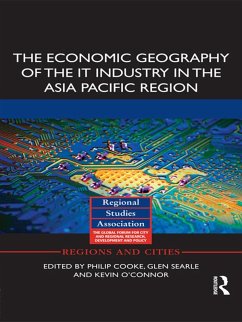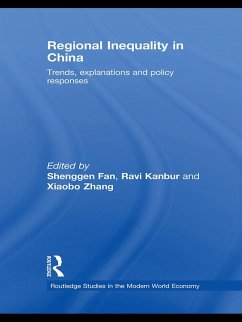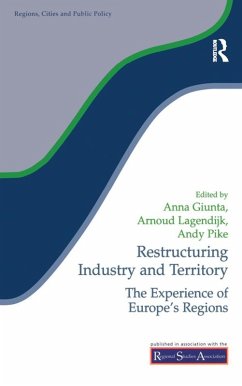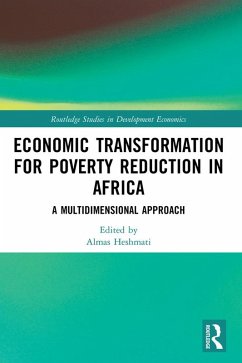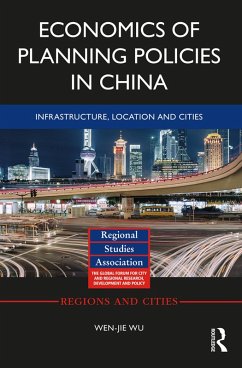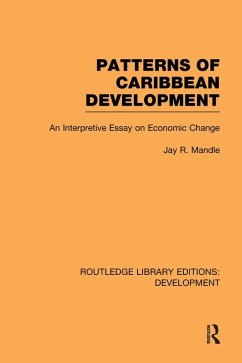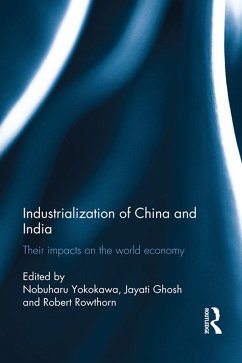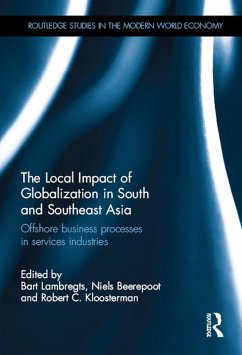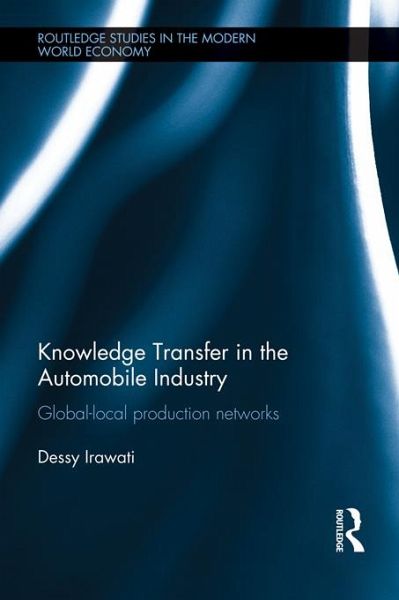
Knowledge Transfer in the Automobile Industry (eBook, ePUB)
Global-Local Production Networks

PAYBACK Punkte
28 °P sammeln!
The book arose from a multi-disciplinary study which looked at the development of global-local manufacturing clusters in the context of a developing, Asian economy. The study demonstrates the connection amongst theoretical perspectives such as international business, development studies, economic geography, and organisational learning clusters/production networks through an in-depth case study of the Indonesian automotive cluster. The book gives a detailed account of two automotive clusters (Toyota and Honda) and their contribution to regional economic development in emerging economies in Asia...
The book arose from a multi-disciplinary study which looked at the development of global-local manufacturing clusters in the context of a developing, Asian economy. The study demonstrates the connection amongst theoretical perspectives such as international business, development studies, economic geography, and organisational learning clusters/production networks through an in-depth case study of the Indonesian automotive cluster. The book gives a detailed account of two automotive clusters (Toyota and Honda) and their contribution to regional economic development in emerging economies in Asian region. The book builds on existing literature to develop a theoretical framework to shed light on the study's empirical findings.
The book discusses practical implications for both the business community and policy makers. The discussion on global-local networks in an Asian context supplements existing literature and case studies in the field. This is one of the few books that explicitly links regional clusters to global networks. The book offers a refreshingly international (Asian) perspective to the literature on clusters and economic geography for emerging economies.
The book discusses practical implications for both the business community and policy makers. The discussion on global-local networks in an Asian context supplements existing literature and case studies in the field. This is one of the few books that explicitly links regional clusters to global networks. The book offers a refreshingly international (Asian) perspective to the literature on clusters and economic geography for emerging economies.
Dieser Download kann aus rechtlichen Gründen nur mit Rechnungsadresse in A, B, BG, CY, CZ, D, DK, EW, E, FIN, F, GR, HR, H, IRL, I, LT, L, LR, M, NL, PL, P, R, S, SLO, SK ausgeliefert werden.





